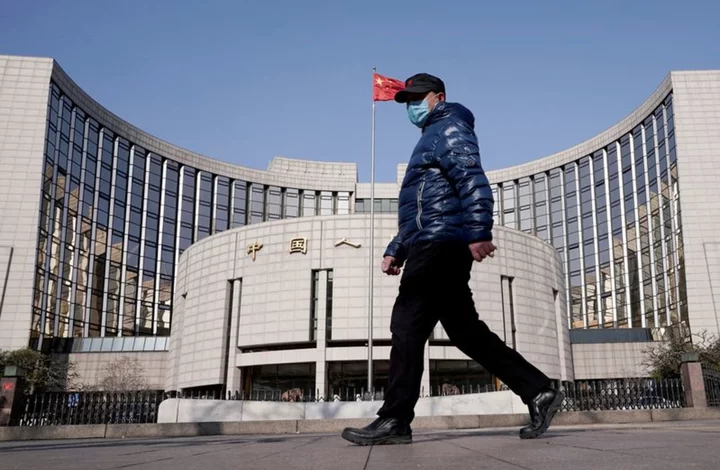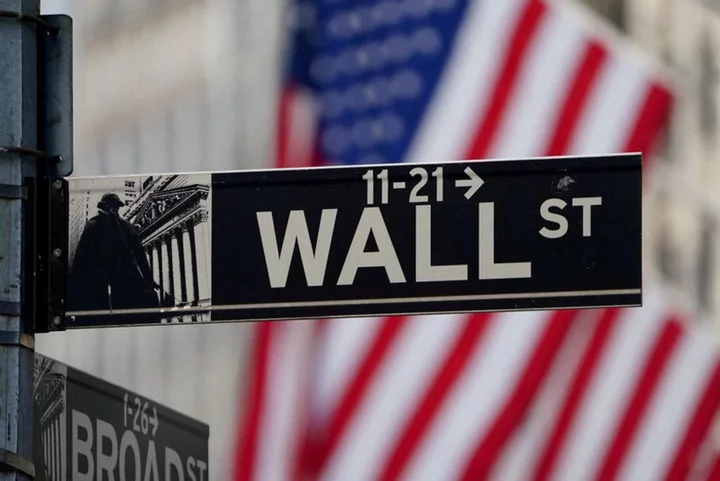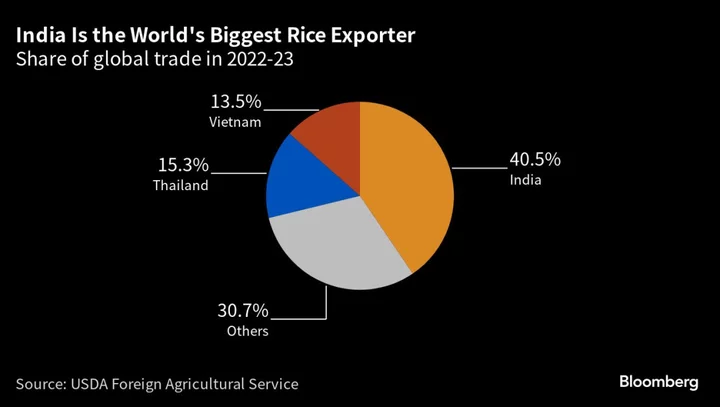SHANGHAI/SINGAPORE China is widely expected to leave lending benchmark rates unchanged at a monthly fixing on Monday, after the central bank kept medium-term interbank rates steady and amid wider concerns about pressure on the yuan.
The loan prime rate (LPR) normally charged to banks' best clients is calculated each month after 18 designated commercial banks submit proposed rates to the People's Bank of China (PBOC).
In a poll of 26 market watchers, all participants predicted both the one-year LPR and the five-year tenor would stay unchanged.
Most new and outstanding loans in the world's second-largest economy are based on the one-year LPR, which stands at 3.45%, while the five-year rate influences the pricing of mortgages and is 4.20%.
"Pressure on some banks' net interest margins has not been significantly relieved," said Zhou Maohua, analyst at China Everbright Bank.
"The changes in LPR are more affected by the MLF rate," Zhou said, expecting the LPR to stay unchanged this month.
Market participants typically see changes in the MLF as a precursor to changes in the LPR.
The PBOC on Wednesday injected 1.45 trillion yuan ($200.12 billion) worth of one-year MLF loans into the banking system but kept the rates on those loans unchanged.
The size of the liquidity injection exceeded market expectations and resulted in a net 600 billion yuan of cash injection into the banking system, the biggest monthly increase since December 2016.
Expectations of steady LPR fixings also come as new bank lending in China fell less than expected in October from the previous month.
Some market watchers believe that a weakening yuan continues to limit the scope of monetary easing, as rate reductions widen the yield gap with the United States and other major economies, risking currency depreciation and capital outflows.
($1 = 7.2456 Chinese yuan)
(Reporting by Winni Zhou and Wu Fang in Shanghai, Tom Westbrook in Singapore. Editing by Sam Holmes)









